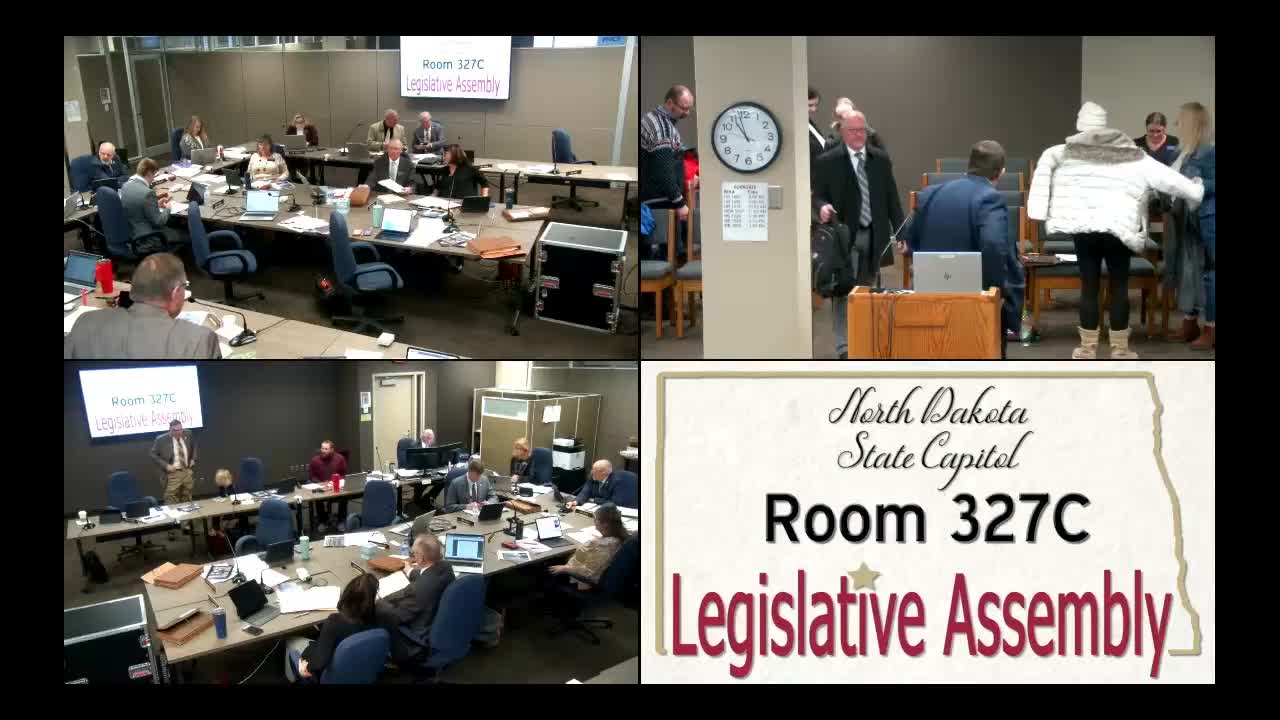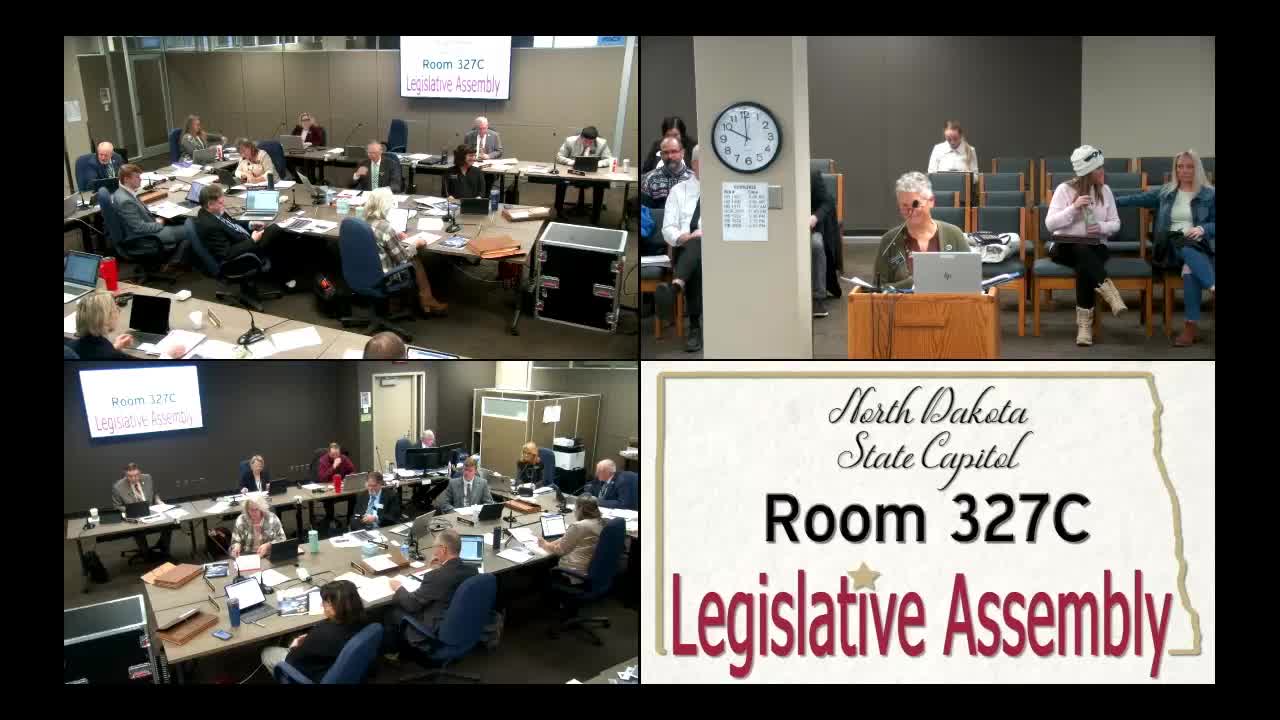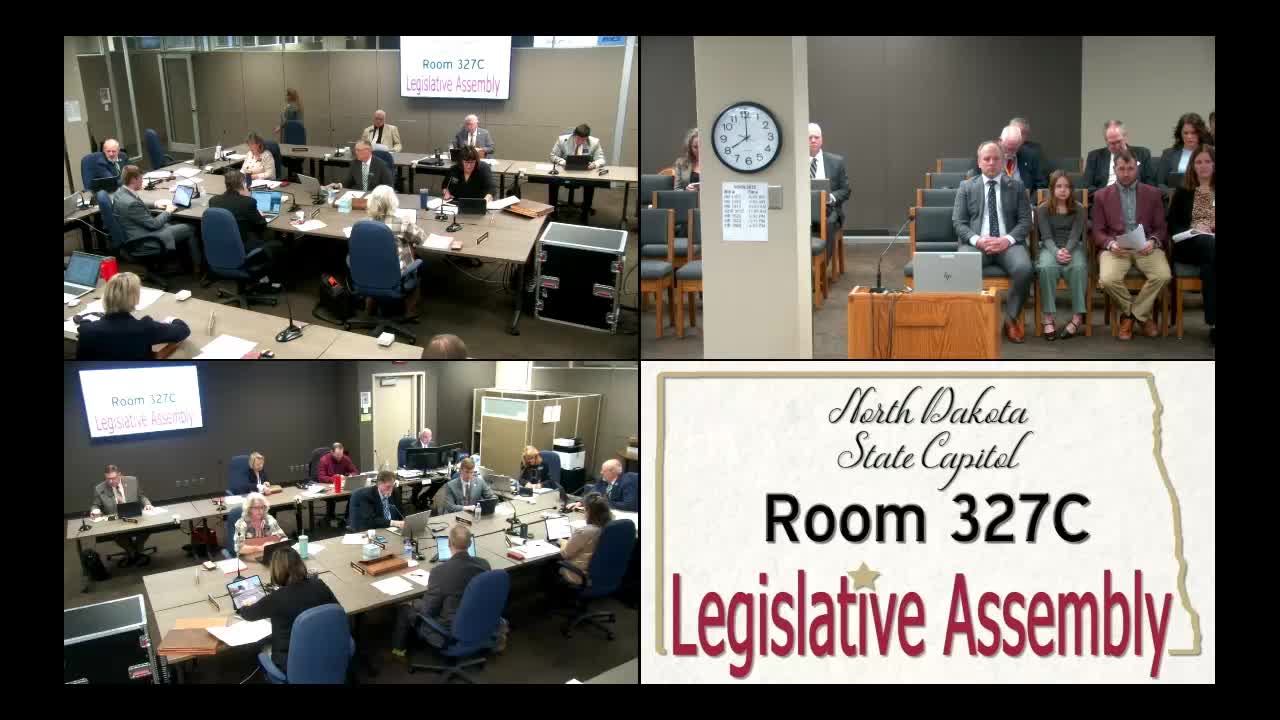Article not found
This article is no longer available. But don't worry—we've gathered other articles that discuss the same topic.

Committee approves resolution urging federal recognition for troops who served in Honduras; placed on consent calendar

Bill to ban certain atmospheric interventions draws local supporters and state agencies' objections

House committee hears bill to ban "natural asset companies" from doing business in North Dakota

